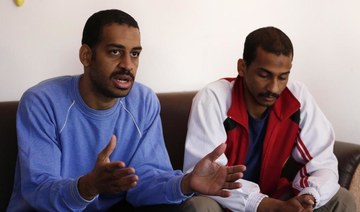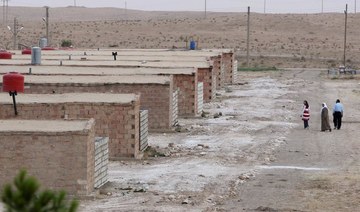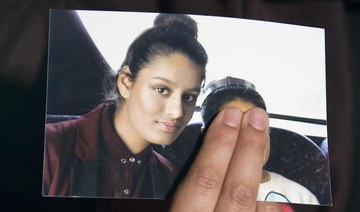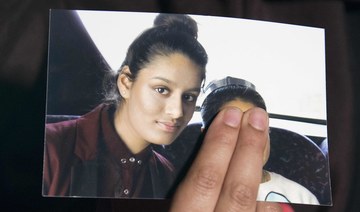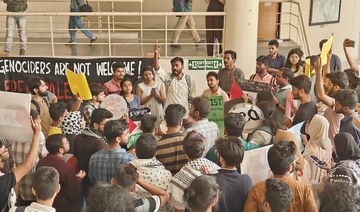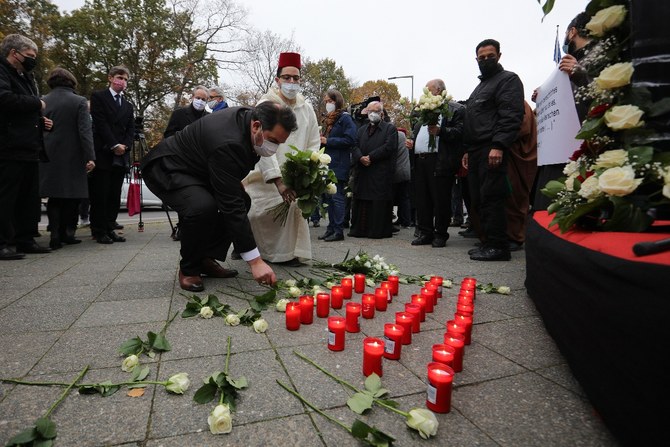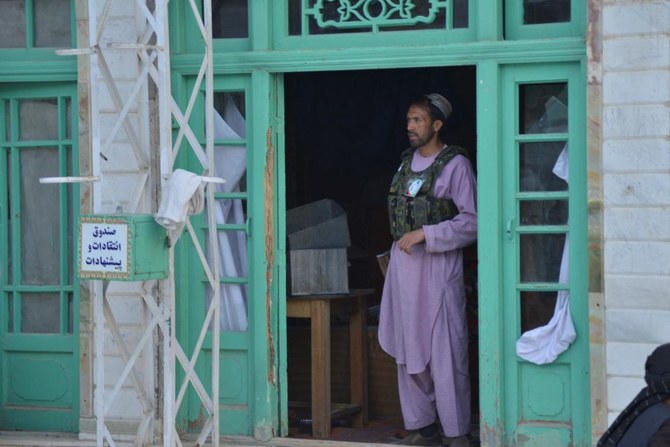LONDON: A former Irish soldier who traveled to Syria to become a Daesh fighter’s second wife has appeared in a Dublin court to face terrorism-related charges.
Lisa Smith, 38, was a member of Ireland’s armed forces prior to joining the terrorist group. During her time in the Irish Defence Force she worked on the official Irish government jet, and accompanied former President Mary Robinson and then Taoiseach (Irish Prime Minister) Bertie Ahern on journeys.
After her marriage broke down, Smith converted to Islam and later traveled to Syria to join Daesh. There, she allegedly became the second wife of British jihadist Sajid Aslam and had a child with him.
The former jihadi bride returned to Ireland last year after being housed in a Syrian refugee camp with her young daughter, and was arrested upon arrival in Dublin airport.
Smith faces the charge of joining an unlawful organisation, as well as one count of terrorist financing.
She denies both these charges, and claims that she only went to live in Daesh’s self-declared caliphate to learn the teachings of the Qur’an.
Her trial has been adjourned until July 31.
European countries have been grappling with the issue of former Daesh fighters and their families returning to their countries of origin.
Some countries, such as the UK, have attempted to block many fighters and their families from returning by stripping them of their citizenship, while Ireland has taken a different approach.
Far fewer Irish nationals traveled to fight for the group than the UK or France and, in 2019, Irish Taoiseach Leo Varadkar said that he would be “loath to revoke anyone's citizenship” and offload them “to be someone else's problem.”




